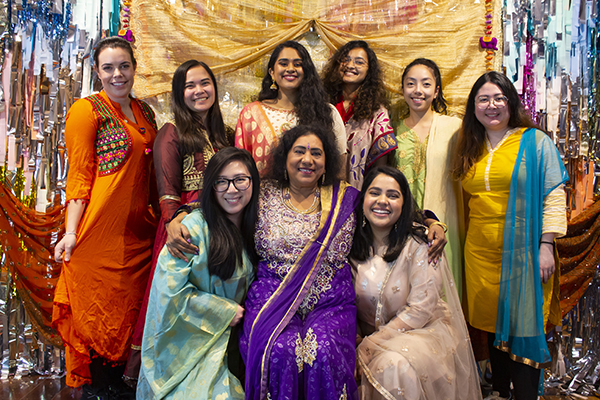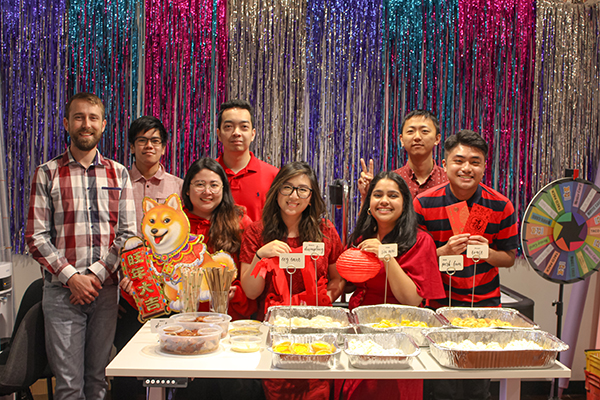 In the same way its products aim to change the way teachers and students engage with learning around the world, the company culture at Kami strives to be inclusive to keep up with a changing society.
In the same way its products aim to change the way teachers and students engage with learning around the world, the company culture at Kami strives to be inclusive to keep up with a changing society.
Kami is a digital classroom application that helps its users transition to paperless work. It has headquarters in Auckland and customers in more than 180 countries around the world.
Right from its beginnings in 2013, founders Hengjie Wang, Alliv Samson, and Jordan Thoms – alongside chairman Bob Drummond – have been committed to making sure diversity is a core value of the business. They saw it as essential both for the benefit of its employees, and to maintain the high levels of innovation and critical thinking that lead to better business outcomes.
Alliv Samson says Kami runs a flat business model and avoids middle management where possible.
“This team structure helps to keep the company transparent and collaborative, with all employees feeling as though they have visibility and input into how the business runs,” she says.
“Kami operates under a group approval method rather than having chains of individual approval where bottlenecks can develop and progress can stagnate. Staff also have the opportunity to invest in the company through an employee stock ownership plan (ESOP) available to all employees to help strengthen the collaborative culture wherein everyone makes decisions for the good of the company, rather than for individual gain.”
From the hiring process through to committing to maintaining a work-life balance for employees, leadership has introduced initiatives to ensure diversity and inclusion is reflected in all aspects of the business.
Attracting female talent is an ongoing challenge for many companies operating in the tech and IT sector, but the team at Kami is more than 50 per cent female. It’s part of Kami’s commitment to not only encouraging a culture of equal opportunities within the business, but to lead the way in growing the number of women represented in tech across New Zealand.
Staff are trusted to complete their work and aren’t held to specific start and finish times, meaning they can work their office hours around their other responsibilities.
The office includes space for prayers, and for the children of employees to play and rest. Alliv Samson leads by example, bringing her daughter to work to demonstrate the flexibility available to integrate home and work life according to everyone’s needs.
Kami’s employees identify with a wide range of nationalities and the leadership encourages the team to share and celebrate events and occasions that are meaningful to them. Chinese New Year, Lunar New Year, the end of Ramadan, Diwali, and Pride month are all celebrated by the team.
“These events act as a platform for teams to feel included and share traditions with their colleagues,” says Alliv.


